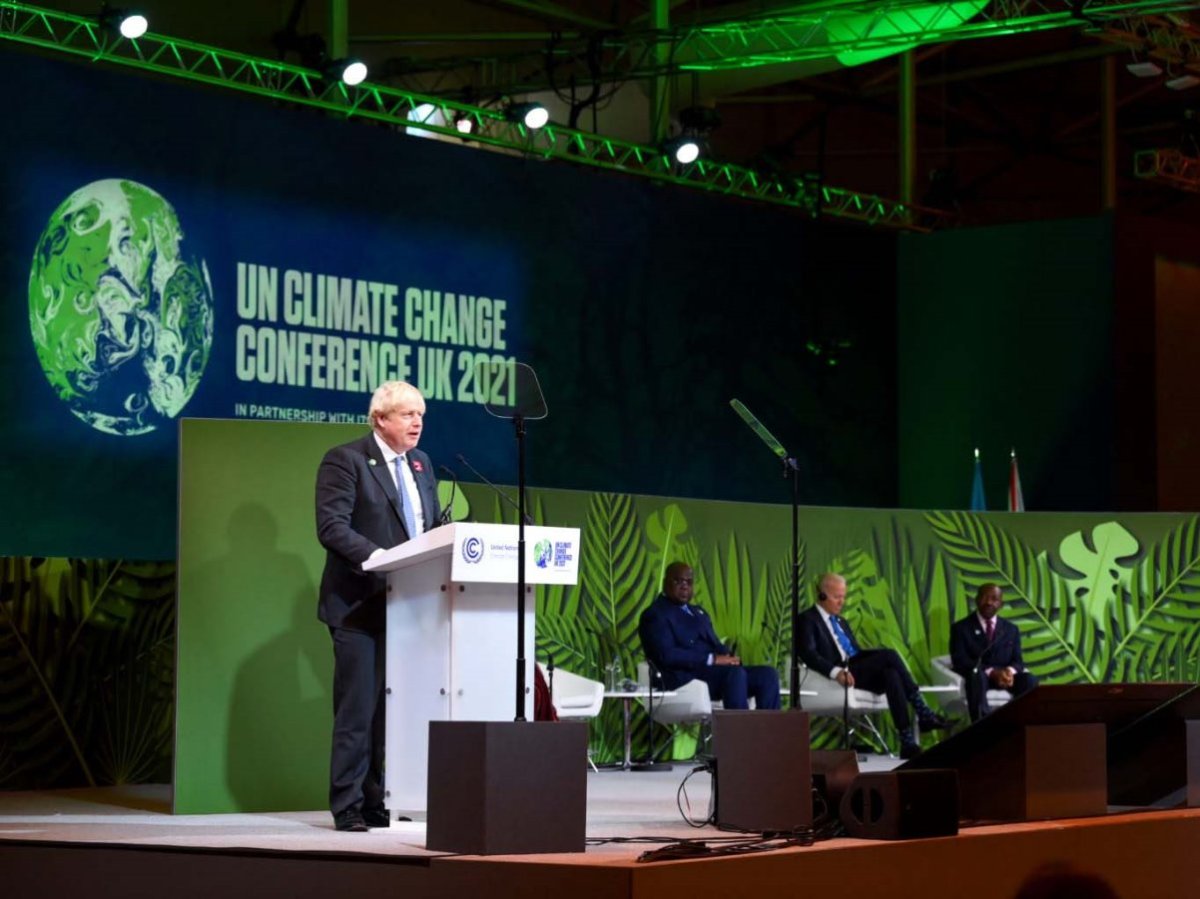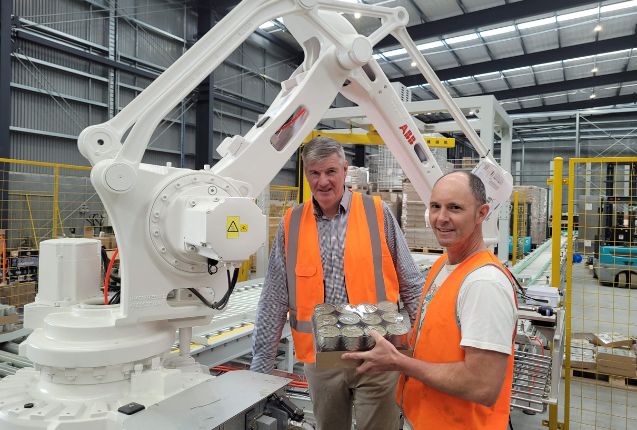The UK is hosting the 26th UN Climate Change Conference of the Parties (COP26) in Glasgow from 31 October – 12 November 2021.
The COP26 summit will bring parties together to accelerate action towards the goals of the Paris Agreement and the UN Framework Convention on Climate Change.
As week one of COP26 came to an end, 45 governments pledged urgent action and investment to protect nature and shift to more sustainable ways of farming.
Governments and businesses are joining farmers and local communities at COP26, securing new agreements to protect nature and accelerate the shift to sustainable agriculture and land use practices by making them more attractive, accessible and affordable than unsustainable alternatives.
Twenty-six nations set out new commitments to change their agricultural policies to become more sustainable and less polluting, and to invest in the science needed for sustainable agriculture and for protecting food supplies against climate change, laid out in two ‘Action Agendas’. All continents were represented, with countries including India, Colombia, Vietnam, Germany, Ghana, and Australia.
Commitments made by these countries will help to implement the Glasgow Leaders’ Declaration on Forests and Land Use, which aims to halt and reverse forest loss and land degradation by 2030.
COP26 President, Alok Sharma said: “If we are to limit global warming and keep the goal of 1.5C alive, then the world needs to use land sustainably and put protection and restoration of nature at the heart of all we do.
“The commitments being made today show that nature and land use is being recognised as essential to meeting the Paris Agreement goals, and will contribute to addressing the twin crises of climate change and biodiversity loss.
“Meanwhile, as we look ahead to negotiations in week two of COP, I urge all parties to come to the table with the constructive compromises and ambitions needed.”
Focus on food systems
The World Bank will commit to spending $25 billion in climate finance annually to 2025 through its Climate Action Plan, including a focus on agriculture and food systems.
In a show of similar commitment from the private sector, almost 100 high-profile companies from a range of sectors committed to becoming ‘Nature Positive’. Commitments include supermarkets pledging to cut their environmental impact across climate and nature-loss and fashion brands guaranteeing the traceability of their materials.
The Transition to Sustainable Agriculture and Global Action Agenda for Innovation in Agriculture supporters include: New Zealand, Australia, Uganda, Madagascar, India, Tanzania, Vietnam, Nigeria, Lesotho, Laos, Indonesia, Guinea, Ghana, Germany, Philippines, Ethiopia, UK, Colombia, Costa Rica, Morocco, Netherlands, Nigeria, Philippines, Sierra Leone, Spain, Switzerland, UAE.
Glasgow Leaders’ Declaration on Forests and Land Use
Launched on 2 November, 134 countries covering 91% of the world’s forests (including Brazil, China, Russia and Indonesia) have now endorsed the Glasgow Leaders’ Declaration on Forests and Land Use, committing to halt and reverse forest loss and land degradation by 2030.
The full package of commitments and action will also include agricultural reform and innovation. A new global initiative launched to reach 100 million farmers at the centre of food systems transformation with net zero and nature positive innovations by 2030 via a multi-stakeholder platform convened by World Economic Forum (WEF) involving farmers’ organisations, civil society, businesses and other partners.
The Policy Action Agenda for the Transition to Sustainable Agriculture sets out pathways and actions that countries can take to repurpose public policies and support to food and agriculture, to deliver these outcomes and enable a just rural transition¹. It also sets out actions and opportunities for other stakeholders (international organisations, food producers, financial entities, researchers, civil society and others) to channel their expertise, knowledge and resources in support of this agenda.
Sustainable production and consumption
Sainsbury’s, on behalf of the big five UK supermarkets, will commit to halving the environmental impact of the average UK shopping basket by 2030 through a new partnership with WWF called ‘basket measures’ – the aim is to turn the food and agriculture system from a driver of climate change into a nature hero, by cutting negative impacts and boosting regenerative agriculture to restore nature. It will focus on seven key themes, climate change, deforestation, sustainable agriculture, sustainable diets, marine, waste and packaging.



